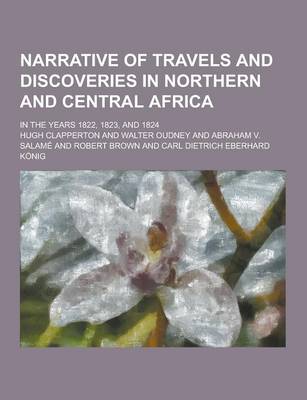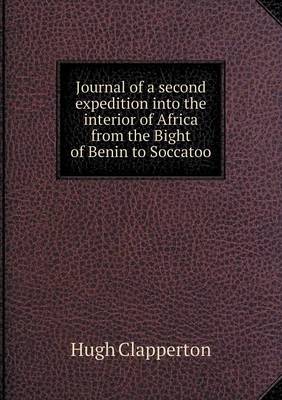Cambridge Library Collection - African Studies
2 total works
Major Dixon Denham (1786-1828) and Lieutenant Hugh Clapperton (1788-1827) were British explorers famous for their explorations in Africa. Between 1822 and 1825, they set out to investigate the lower course of the River Niger and the swamps and forests of the Guinea Coast, accompanied by the physician Dr Walter Oudney (1790-1824), who sadly died of a fever during the expedition. This important book, first published in 1826, brings together the memoirs of all three explorers to document their mission, which represented the first complete crossing of the Sahara by Europeans in recorded history. Diverse and insightful, it recounts phenomena such as the transportation of slaves from the Sudan, the salt industry in the heart of the desert, and encounters with native tribes. Providing unique insights into pre-colonial Africa, these vivid recollections remain of great interest to historians of Africa, cultural anthropologists and geographers alike.
Journal of a second expedition into the interior of Africa from the Bight of Benin to Soccatoo
by Hugh Clapperton
Published 10 January 2010
After serving in the Royal Navy in Canada, Hugh Clapperton (1788-1827) participated in two expeditions to the interior of Africa. Richard Lander (1804-34), a young Cornishman who had travelled widely in the service of previous employers, applied to accompany him on the second expedition, during which Clapperton died. Lander published this edition of Clapperton's journal in 1829; an expanded version (also available in this series) appeared the following year. Clapperton's account of his experiences is informal, lively and vivid, describing hospitality and annoyances, discomforts and pleasures. Although its language and attitudes are typical of the early colonial period, it remains a valuable source for West African history. The book also contains a short biography of Clapperton, Lander's emotional account of his master's illness and death, and his journal of his lonely return journey. The appendix includes meteorological observations, notes on Arabic documents, and Yoruba vocabulary.

